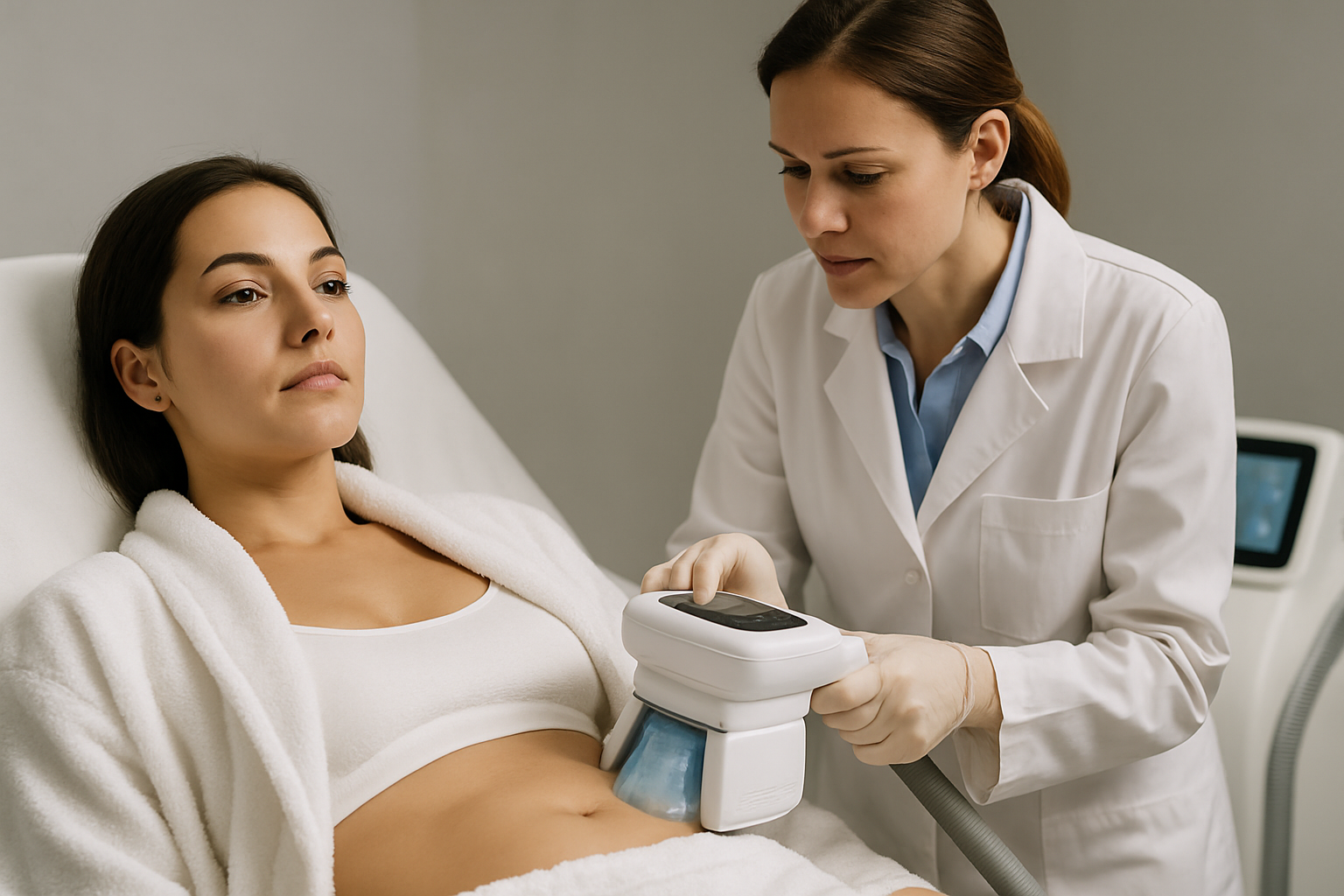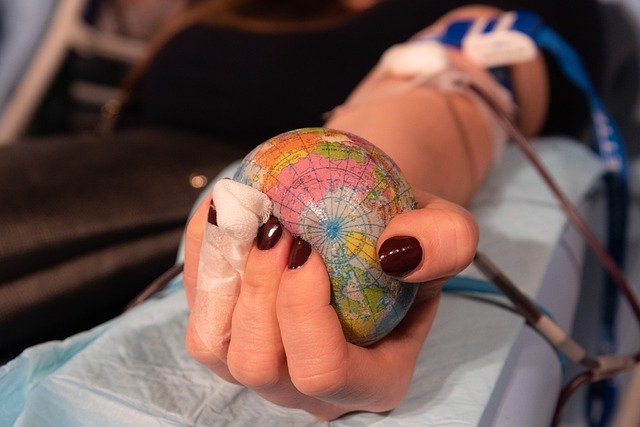Sleep Apnea Trials: New Frontiers in Treatment
Clinical trials for sleep apnea are paving the way for new and improved treatment options by evaluating innovative approaches in both medication and medical devices. These studies help expand medical knowledge, often include free diagnostic services, and follow strict protocols to assess safety and effectiveness. Participation is always voluntary and based on defined eligibility criteria.

The Science Behind Clinical Trials
Clinical trials for sleep apnea follow a rigorous scientific methodology designed to ensure both safety and efficacy. The process typically begins with preclinical research, where treatments are tested in laboratory settings before moving to human subjects. Once approved for human trials, these studies progress through several phases. Phase I assesses safety in a small group, Phase II examines effectiveness and optimal dosing, Phase III involves large-scale testing, and Phase IV monitors long-term effects after market approval.
This systematic approach allows researchers to collect detailed data on how new treatments affect sleep quality, breathing patterns, and oxygen levels during sleep. Many trials employ polysomnography (overnight sleep studies) as their gold standard measurement tool, providing objective data on respiratory disturbances, sleep architecture, and oxygen saturation. Researchers often track additional metrics like daytime sleepiness, quality of life measures, and cardiovascular parameters to fully understand treatment benefits.
Latest Innovations in Sleep Devices
Recent clinical trials have introduced remarkable advancements in sleep apnea devices that go beyond traditional CPAP machines. Hypoglossal nerve stimulation is among the most promising innovations, involving implantable devices that deliver mild stimulation to the nerve controlling tongue movement, preventing airway collapse during sleep. These systems operate on demand, activating only when breathing patterns indicate an apneic event is occurring.
Other device-based approaches under investigation include oral pressure therapy systems that create a vacuum in the mouth to pull the soft palate forward, and positional therapy devices that use vibration to prevent patients from sleeping on their backs. Some trials are exploring combination therapies that integrate multiple treatment modalities. For instance, researchers are testing how low-dose medication might enhance the effectiveness of partial CPAP pressure, potentially making therapy more comfortable and increasing compliance rates among patients who struggle with traditional approaches.
Understanding Eligibility Requirements
Participation in sleep apnea clinical trials depends on carefully defined eligibility criteria designed to ensure both patient safety and research validity. Common requirements include confirmed diagnosis of specific sleep apnea types (obstructive, central, or mixed), certain severity levels based on apnea-hypopnea index scores, and age ranges appropriate for the treatment being studied. Many trials exclude individuals with certain comorbidities like uncontrolled hypertension or severe heart disease that might complicate result interpretation.
The screening process typically involves a comprehensive medical history review, physical examination, and often a baseline sleep study to confirm diagnosis and severity. Some studies target specific populations, such as those with treatment-resistant apnea, particular BMI ranges, or specific anatomical features contributing to airway obstruction. Understanding these requirements helps potential participants determine if a specific trial aligns with their condition and health status before initiating the application process.
Finding Available Trial Opportunities
Numerous resources exist to help individuals locate sleep apnea clinical trials suited to their specific condition. The most comprehensive database is ClinicalTrials.gov, maintained by the National Library of Medicine, which lists studies worldwide with detailed information about protocols, locations, and contact information. Academic medical centers and sleep disorders clinics often maintain their own registries of upcoming and ongoing studies accepting participants.
Patient advocacy organizations such as the American Sleep Apnea Association provide resources connecting patients with relevant research opportunities. Additionally, sleep specialists may refer patients to appropriate trials based on their specific condition and treatment history. When searching for trials, individuals should consider practical factors like study location, time commitment required, and whether the trial involves inpatient stays or can be conducted primarily at home with periodic clinic visits.
Compensation and Study-Related Care
Most sleep apnea clinical trials offer participants free or significantly reduced-cost medical care related to the study. This typically includes comprehensive sleep evaluations, diagnostic testing, and the experimental treatment itself. Many studies also provide regular health monitoring throughout the trial period, which can represent substantial value for participants who might otherwise face high out-of-pocket expenses for specialized sleep care.
Financial compensation varies widely depending on study design, sponsor, and participant requirements. Some trials offer stipends ranging from $25 to several hundred dollars per visit to offset travel expenses, time commitment, and inconvenience. Studies requiring overnight stays or more invasive procedures generally provide higher compensation. Additionally, participants with rare forms of sleep apnea or specific characteristics in high demand for research may receive premium compensation rates due to recruitment challenges.
| Type of Compensation | Typical Range | Factors Affecting Amount |
|---|---|---|
| Study Visit Stipends | $25-$200 per visit | Length of visit, procedures performed |
| Overnight Study Compensation | $100-$500 per night | Duration, invasiveness of monitoring |
| Travel Reimbursement | Variable | Distance traveled, transportation costs |
| Device/Treatment Access | $1,000-$10,000+ value | Type of device, duration of access |
Prices, rates, or cost estimates mentioned in this article are based on the latest available information but may change over time. Independent research is advised before making financial decisions.
Clinical trials represent the frontier of sleep apnea treatment advancement, offering patients access to innovative approaches while contributing to the evolution of sleep medicine. While participation requires careful consideration of eligibility criteria, potential risks, and time commitments, these studies provide unique opportunities to access cutting-edge treatments under expert supervision. As research continues to expand, the landscape of sleep apnea management will likely transform, potentially offering more effective, comfortable, and personalized solutions for those affected by this common but serious sleep disorder.
This article is for informational purposes only and should not be considered medical advice. Please consult a qualified healthcare professional for personalized guidance and treatment.




